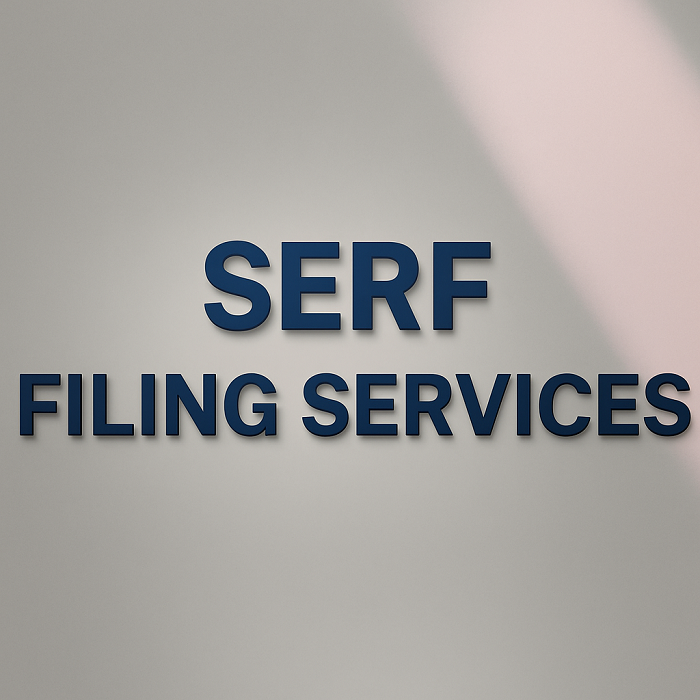
Stay Compliant and Export-Ready with SERF Filing Services
Exporting IT and software services from India’s SEZ or STPI zones comes with more than just opportunities; it comes with responsibilities. Chief among them is SERF filing, or Service Export Reporting Form submission, which is now a critical compliance requirement introduced by the Ministry of Commerce.
At SOFTEX Consultancy Services LLP, our SERF filing services are designed to take the complexity out of the process. We ensure that your service export transactions are accurately reported, well-documented, and in full alignment with SEZ and STPI regulations so you never miss a deadline or face compliance penalties.
What Is SERF Filing?
The Service Export Reporting Form (SERF) is a mandated reporting mechanism for businesses operating under Special Economic Zones (SEZs) or Software Technology Parks of India (STPIs) who export services. It was introduced to streamline and digitise export transaction reporting and to ensure a uniform compliance format across STPI and SEZ units.
Whether you're exporting cloud-based software, IT-enabled services, consulting, or tech support, SERF filing is required to accurately report revenue earned from these services and to continue enjoying government benefits like tax exemptions and duty waivers.
Why SERF Filing Matters
While many businesses are aware of SOFTEX forms, they often overlook or delay SERF filings, which can result in serious consequences. Non-compliance can trigger:
- Rejection of export benefits
- Penalties from SEZ Development Commissioners or STPI authorities
- Delays in repatriation of foreign earnings
- Increased scrutiny during audits or renewals
Our job is to prevent that from happening. With our SERF filing services, we make sure your export reports are timely, complete, and regulation-ready every single time.

Frequently Asked Questions
1. What is SERF filing?
SERF (Service Export Reporting Form) is a mandatory report for SEZ and STPI units to declare service exports to the concerned authorities.
2. Who is required to file SERF?
All service exporters operating under SEZ or STPI schemes must file SERF, including IT, BPO, SaaS, and consultancy firms.
3. How often do I need to file SERF?
Typically, businesses must export goods or services worth six times the duty saved, within six years from the issue of the license. The export obligation can be adjusted based on sector and government policy updates.
4. What happens if I don’t file SERF on time?
Late or missed filings can lead to loss of SEZ/STPI benefits, penalties, and regulatory scrutiny.
5. What documents are needed for SERF filing?
You’ll need export invoices, Foreign Inward Remittance Certificates (FIRCs), service agreements, and relevant transaction details.
These documents help verify the export value and ensure accurate reporting to SEZ/STPI authorities.
6. Can startups or small units file SERF?
Yes, even small or early-stage units must comply if they operate under SEZ or STPI regulations. Startups and MSMEs are equally obligated to follow reporting norms as part of export compliance.
7. Do you assist with filing clarifications or queries from SEZ/STPI authorities?
Absolutely. We handle end-to-end coordination, including preparing responses and resolving authority queries. Our goal is to make sure your filings are accepted smoothly without compliance setbacks.